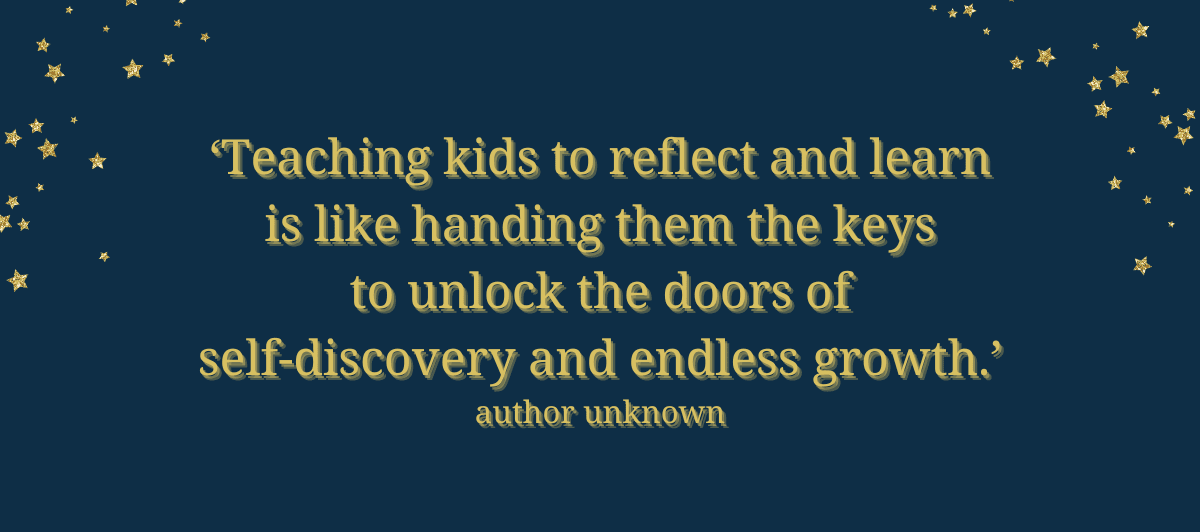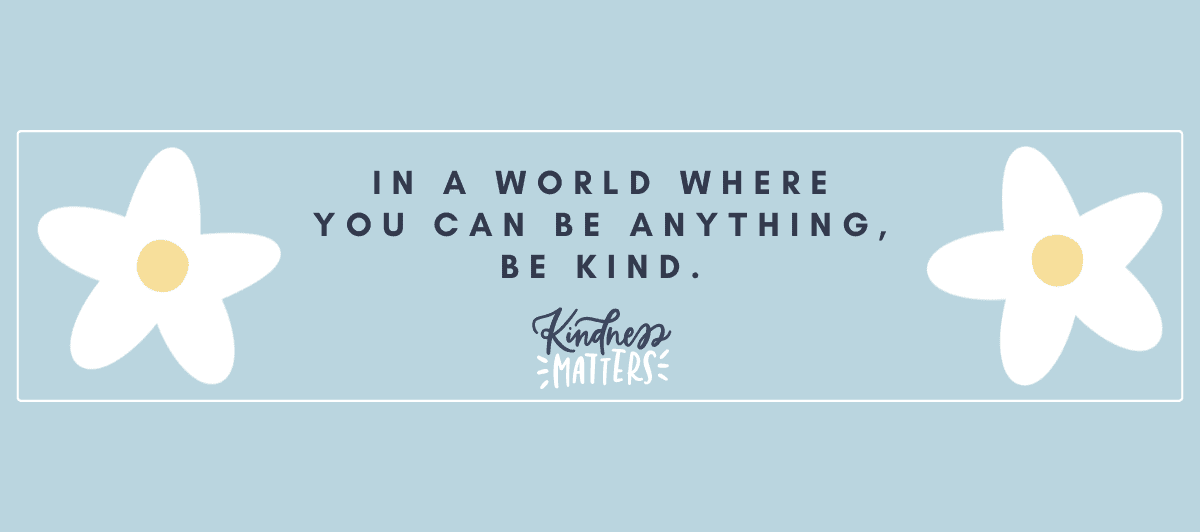
Eye rolls, yelling, arguing…sound familiar?
Have you ever looked at your child in the middle of an emotional meltdown and thought, ‘This isn’t who you really are?’ We’ve all been there.
Maybe they yelled at you in frustration, rolled their eyes and walked away. Maybe they started crying over something that seemed small to you but felt big to them, or argued over something insignificant, using anger to cover up their disappointment or sadness.
In those moments of frustration, anger, or sadness, it’s easy to lose sight of seeing beyond emotional reactions and forget – they are not defined by their emotions. They’re still a kind and thoughtful person, even when their emotions feel overwhelming. Because they’re still learning to navigate their feelings, those emotions can sometimes overshadow their true character. We must remember—they just haven’t learned how to regulate them yet.
As adults, we’ve had more time to learn—often through trial and error—how to manage emotions in a way that aligns with who we truly are.
Our kids? They’re still figuring it out. It’s our job to help guide them through these emotional reactions, teaching them how to process and respond to their feelings in a healthy way.
The next time you see a child struggling with an emotion, pause. See beyond the emotional reaction. Remind yourself who you know they are. Then ask yourself: ‘How can I help them recognize and work through this feeling?’
This is what I know: Parenting can be challenging, especially when a child’s emotions feel overwhelming. But beneath those emotions is a child still learning—one who needs our support, empathy, and understanding as they navigate life’s ups and downs.
Until next time,




